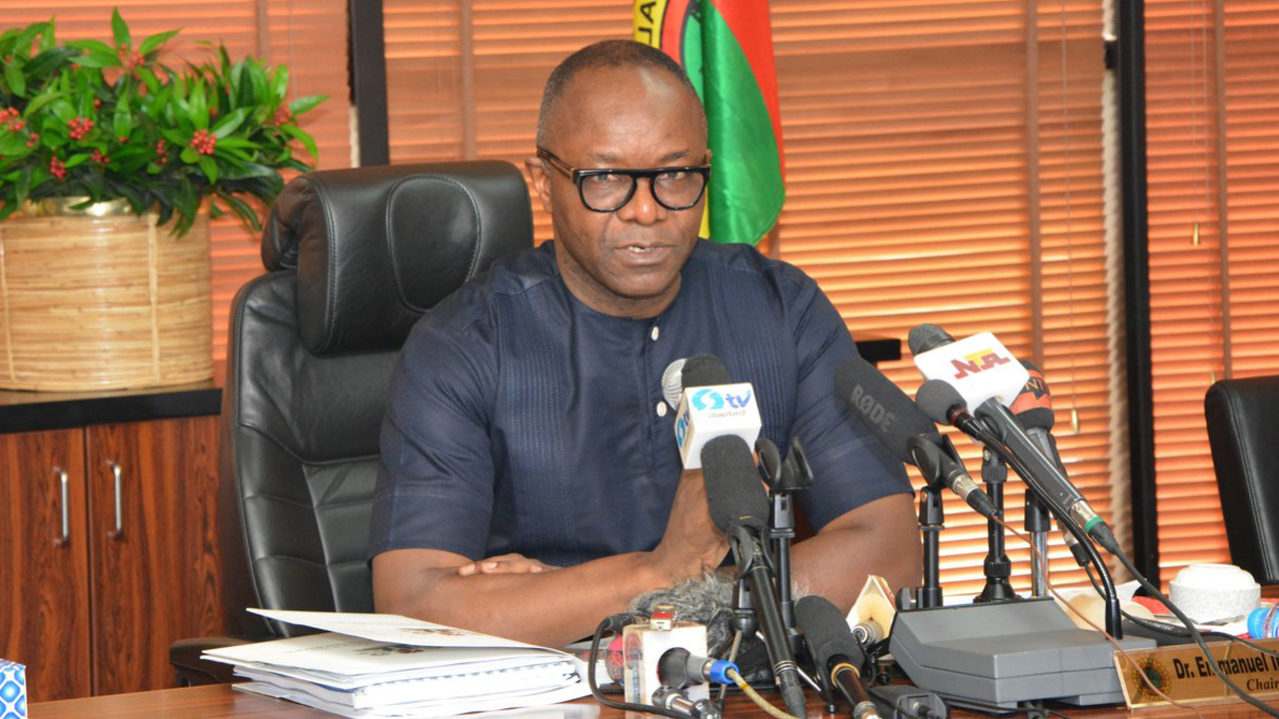
To achieve the set target of 40 billion barrels crude oil reserves by 2020, the hydrocarbon industry will require between $13 and $16.5billion over the next five years, the Chief Operating Officer, Gas and Power, Nigerian National Petroleum Corporation (NNPC), Saidu Mohammed, has said.
According to Mohammed in the current edition of NNPC Newsletter, under the infrastructure and power plants, there are investment opportunities of over $11billion in the country.
He added that the country also require about $6 billion to revamp the country’s refineries. He disclosed: “In the upstream segment, NNPC plans to increase its oil reserves base to 40 billion by 2020. Based on its upstream growth plan, the corporation would raise $13 to $16billion over the next five years.
“For the refineries, our plan is to rehabilitate, and revamp existing four refineries. On successful rehabilitation and revamp, our plans is to upgrade their combined nameplate capacity from 445,000 barrels per day to 700,000 barrels per day within the next few years. We would require investments of between $6million,” he added.
Mohammed unveiled opportunities in the construction of new crude and product pipelines, pumping station upgrades, revamp of Liquefied Petroleum Gas (LPG) plants, construction of new LPG storage tanks, filling stations, and equipment supply.
He noted that the provision of coastal vessels and tugboats and other ancillary support services are equally areas that would yield high return on investments of about $3billion.
He added that opportunities exist for the establishment of pipe mills, equipment leasing and operations. “Others in this aspect are construction of gas storage/compressed natural gas and LPG fillings as well as development of multi-specialist hospitals,” he said.
The Minister of State for Petroleum Resources, Ibe Kachikwu, said the Federal Government has resorted to the use of local security contractors, who have lot of synergies with the communities, to achieve effective protection and monitory of the facilities.
He added that the refineries were producing almost on continuous basis to support the fuel imports. “Essentially, we are producing on the average of about 60 per cent throughout of the units that are running. We don’t have all the units running at the same time for obvious reasons; otherwise, we may have to shut-down or run out of crude oil.






